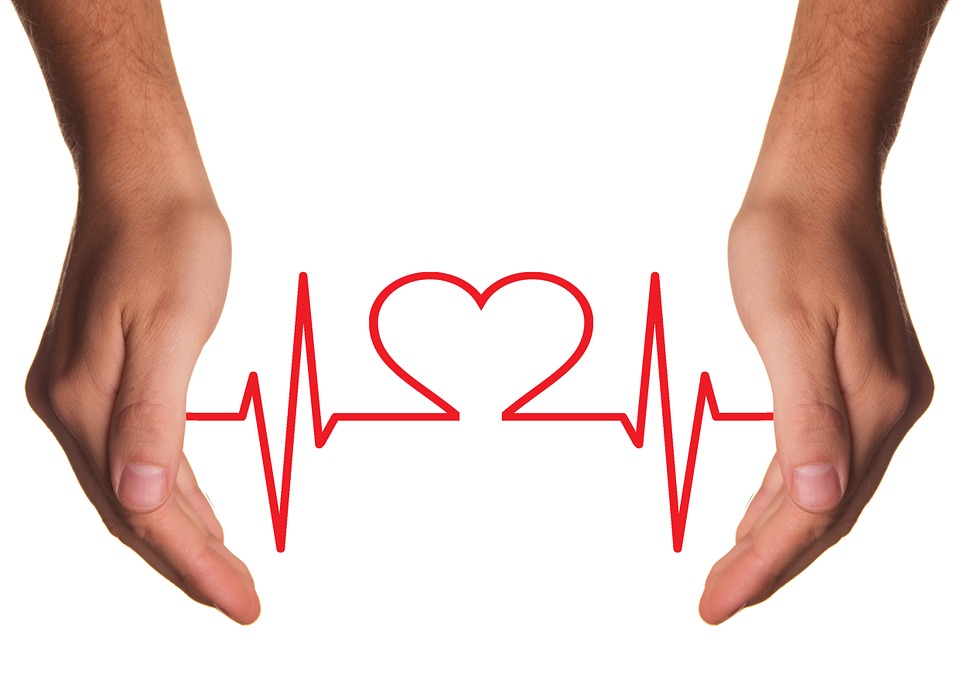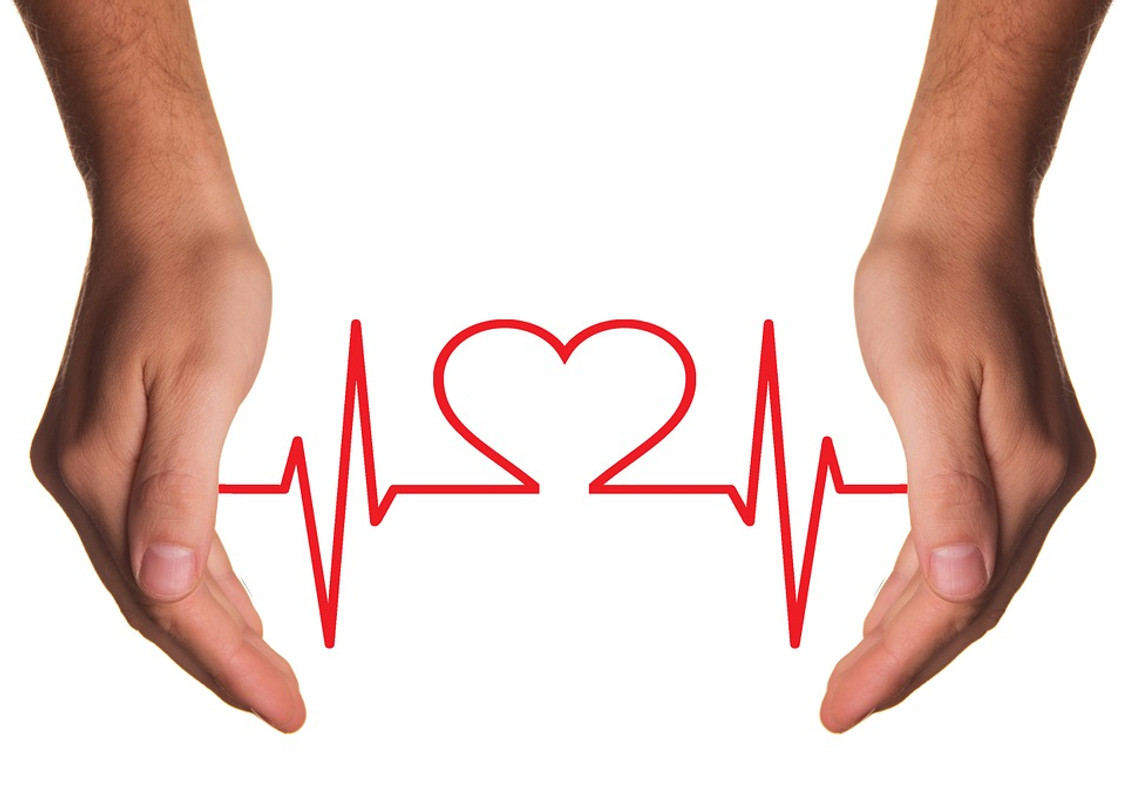Study Links Stress to Heart Attacks

Nearly everyone will experience stress at some point during their lifetime. It's a natural phenomenon that occurs as a result of our bodies' fight or flight response. When we are presented with a potentially harmful or dangerous scenario, certain changes occur in our body that create stress. This is actually beneficial, as it helps our species survive. But too much stress can have a negative impact, increasing the risk of certain diseases and illnesses.
According to a recent study published in the journal The Lancet, the part of the brain associated with fear and stress can gauge a person's risk of developing stroke and heart disease. Researchers found that the amygdala part of the brain is closely linked to cardiovascular disease. When an individual experiences stress, this part of the brain becomes highly active. These new findings could help researchers better diagnose patients' risk of heart disease.
The World Health Organization (WHO) says that heart disease is the leading cause of death among men and women -- not only here in the United States, but throughout the entire world. Advancements in modern medicine have led to improved treatment and prevention options, but heart disease remains the world's #1 killer.
Researchers at the Massachusetts General Hospital in Boston studied roughly 300 adults, requiring them to take PET and CT scans, while paying close attention to their brain activity levels and heart health . Researchers also monitored the general health of these participants for 2-5 years. So, what did they discover? Researchers found that they were able to better detect heart disease and heart attacks by looking at participants' brain activity levels, specifically activity levels in the amygdala region.
"The amygdala is a critical component of the brain's stress network and becomes metabolically active during times of stress," said the study's lead author. "We were surprised at how robustly amygdala activity predicted hard cardiovascular events, along with providing information on the timing of those events."
While there's no way to completely protect yourself from heart disease, there are steps you can take to lower your risk. This includes eating a well-balanced diet centering around lean meats and fresh veggies, as well as exercising on a regular basis. These two things alone will make a world of difference in maintaining a healthy heart and preventing disease.
Recent Posts
-
Fire Safety in the Workplace: What You Need to Know
What steps are you taking to prevent fires in your workplace? According to the U.S. Occupational Saf …Aug 23rd 2023 -
Is It Safe to Go Jogging With a Cold Infection?
If you're suffering from a cold infection, you might be wondering whether it's safe to go jogging. T …Aug 22nd 2023 -
5 Safety Tips to Follow When Using a Powder-Actuated Tool
Powder-actuated tools are commonly used to join materials to steel and concrete. Also known as Hilti …Aug 20th 2023




